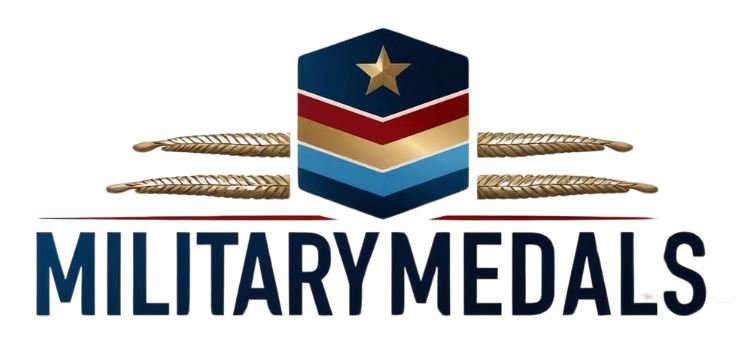An Australian soldier has challenged the decision by the federal government to strip them of medals following allegations of war crimes committed by Australian soldiers in Afghanistan. Defence Minister Richard Marles announced in September that fewer than 10 current and former defence officers would lose their distinguished service medals, sparking a contentious process that has faced further delays due to challenges.
The challenge, currently being resolved within the Defence Department, has added at least four months of delay to an already protracted process that has spanned more than four years. This move comes after as many as nine current and former personnel had their honours revoked by the Defence minister over alleged war crimes that occurred under their command in Afghanistan, while others still face the potential of prosecution.
The decision to strip several officers of their distinguished service medals was part of the aftermath of the Brereton Inquiry, which investigated misconduct and war crimes committed by Australian troops in Afghanistan from 2005 to 2016. The inquiry, conducted by Major General Paul Brereton, highlighted instances where Australian soldiers committed war crimes, leading to the call for a review of decorations for commanding officers at various levels.
While the inquiry focused on front-line soldiers, it also acknowledged the role of commanding officers in fostering an environment conducive to war crimes. The report found that commanders, particularly within the Special Air Service Regiment, had contributed to a culture that enabled such misconduct. As a result, a review of decorations for commanders during specific operations in Afghanistan was recommended.
Defence Minister Marles informed parliament of his decision to strip medals from certain commanders, a move criticized by the opposition for its timing and alleged insensitivity. The process of cancelling decorations rests with Governor-General Sam Mostyn, who acts on the advice of the minister, with the final decision published in the Commonwealth Gazette.
However, the identities of officers affected by the decision may remain undisclosed, as many decorations awarded for service in Afghanistan were given under pseudonyms to protect the anonymity of special forces soldiers. This practice complicates the public disclosure of the individuals impacted by the medal-stripping decision.
Amid calls for accountability and justice, veterans have expressed their grievances over the handling of the war crimes saga, demanding apologies and reforms within the military honours system. The ongoing challenges to the stripping of medals underscore the complexities and sensitivities surrounding the investigation into alleged war crimes committed by Australian soldiers in Afghanistan.
📰 Related Articles
- Australia’s Fashion Industry Adapts Amid Trade War Challenges
- Yuma Plans Second Migrant Processing Center Amid Border Challenges
- Young Key Forwards Shine Amid AFL Round 14 Challenges
- Young Entrepreneur Faces Challenges Amid Surging Property Prices
- Wikipedia’s Future Amid AI Disruptions and Misinformation Challenges






